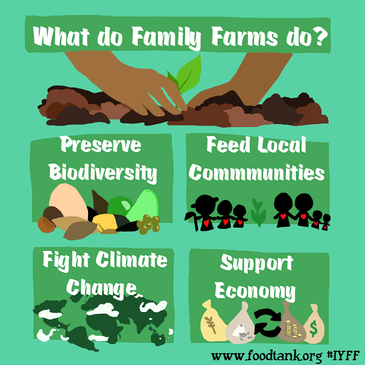
Because aquaponics is a new growing method for mane people, we explained how aquaponics systems work, and how fish and the plants help each other with their different functions. Another highlight was our indoor edible herb garden at the skywalk in the Century Center in downtown South Bend. We were also happy to describe our work constructing our new greenhouses at our new site in Mishawaka. Our aquaponic greenhouse there will be our first commercial greenhouse, and we will employ 4 adults on the spectrum at that site.
Green Bridge Growers will match our workers’ skills to the day-to-day tasks required to manage our farm. Many people with autism are good with skills requiring precision, routine, and rational thinking, and many tasks at Green Bridge fit those skills. We also discussed the benefits of small family farms and buying local food. For example, a recent study found that organic, sustainable farming is better suited for drought conditions than conventional agriculture, and that shipping food long distances is one of the fastest-growing sources of greenhouse gas emissions worldwide. Another benefit to organic growing is that fruits and vegetable allowed to grow to full ripeness have more nutritional value than conventional produce that’s harvested early and ripened with chemical gases in transport and storage.
We were very pleased to share our work as part of the lecture series and look forward to more opportunities to present our work and mission in the future.
--Chris Tidmarsh
 RSS Feed
RSS Feed
